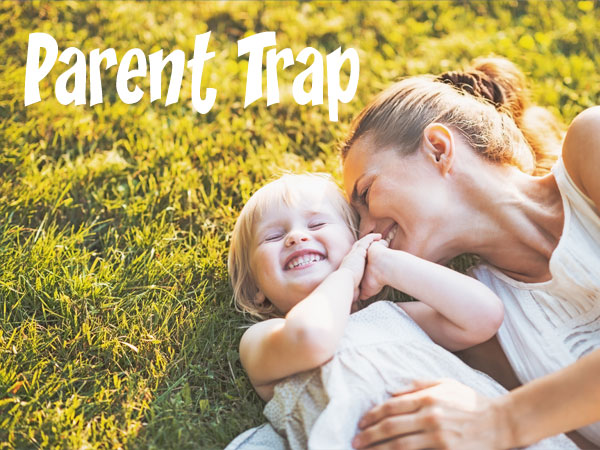Gail was complaining at a workshop that her 16-year-old daughter Jackie was unmotivated. “She’s so lazy that if they ever invent a TV remote control that works by blinking your eyes she’ll be the first in line to buy one!” When I pressed her to come up with something Jackie was good at, she couldn’t, until one of her friends shared that her kids loved to have Jackie babysit them, and all the little kids on the street were always knocking on Jackie’s door to play.
Gail relented. “Well, she does love working with kids, but I told her she’ll never make any money being a preschool teacher, and I’ve been directing her more toward law school.” Many parents today, like Gail, have a tough time not over-involving themselves in their children’s lives. But there’s way more going on behind this unsettling trend than parental interference.
There has been a tremendous push for perfectionism in our culture, and it rears its ugly head in our obsession with grades, national test scores, select sports teams and the need to turn every endeavor into a competition. Parents sign 8-year-olds up for Kuman math classes and for extra coaching from retired professional athletes. Kids are constantly performing for and being judged by adults, with relentless pressure to succeed, impress everyone, win, be the best and be popular. They are constantly busy in adult-supervised activities, with little or no free time. And why? So they get an edge, a leg up on the competition.
Is this really what childhood should be about? All this pressure tells us something about how we view childhood. And I am here to tell you that childhood is not a race or a contest. It’s not about winning national championships in grade school, or winning prizes at graduation. And it should not be about doing activities just to pad a resume for college transcripts. Grade school should not be about high school prep, and high school should not be about college prep.
Growing up entails so many more important developmental tasks: getting to know yourself, understanding your strengths and weak areas, developing your social emotional intelligences, and learning how to build community so you can get along with diverse people. It is about supporting your classmates, learning how to handle conflicts effectively, developing a powerful voice to speak with authority and advocate for yourself.
If parents buy into the present cultural rat race, it’s hard not to micromanage, motivate and mold your children to stay on a course you have set for them.
Kids need quiet alone time for reflection, contemplation, soul-searching and self-exploration—and to decompress. They need time to play for play’s sake, learn for their love of learning, explore and challenge themselves, and to enjoy adventures. Kids must be allowed to make mistakes and to learn lessons in their own way and in their own time.
Childhood should be so much more than a competition. Don’t allow societal pressure to convince you otherwise.
[Tim Jordan, M.D. is a Behavioral Pediatrician who specializes in counseling girls ages 6 through college. For more information, go to drtimjordan.com.]








